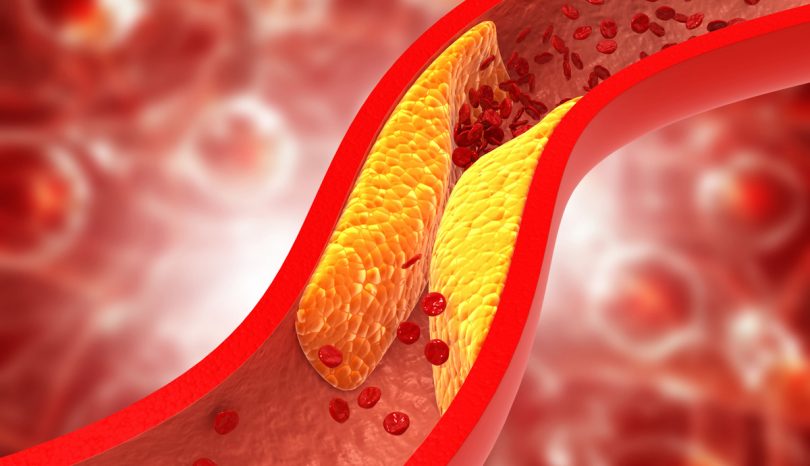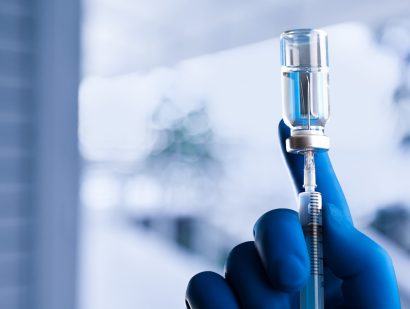- Find A Medical Provider
- Auto Injuries
- Common Injuries
- Medical/Pharmaceutical
- Types of Medical Injuries
- Malpractice Injuries
- Drug and Medical Device Injuries
- Drugs and Devices Linked to Cancer
- Opioid Addiction
- Drugs and Devices Known to Cause Injury
- 3M Combat Arms Earplugs – Hearing Loss
- Accutane
- Aciphex
- Actonel
- Actos
- Adderall and Ritalin
- Advair
- Aldara (Imiquimod)
- Alli
- Ambien
- Amiodarone
- Anzemet
- Aptivus
- Aranesp
- Arava
- Atorvastatin
- Avandia
- Benicar
- Birth Control Medication
- Blood Thinners
- Essure
- Fosamax (Alendronate Sodium)
- Gadolinium-Based MRI Contrast Agents
- Granuflo
- Hernia or Surgical Mesh Injuries
- Hydroxycut
- Inferior Vena Cava Filters
- Invokana Toe and Foot Amputations
- Ketek
- Levaquin
- Lipitor
- Mirapex
- Neurontin
- Onglyza
- Over-the-Counter Medications
- OxyContin
- Paxil
- Power Morcellators
- Pradaxa
- Propecia
- Reglan
- Talc Powder
- Trasylol
- Valsartan
- Viagra
- Xolair
- Zelnorm
- Zoloft
- Work Injuries
- Sports Injuries
- Marketing Services
- Blog
List your practice on InjuredCare | Log in / Sign up
Partial Arterial Blockages

Partial Non-ST Segment Elevation Myocardial Infarction (Nstemi) | Coronary Spasm, Or Unstable Angina
Partial Non-ST Segment Elevation Myocardial Infarction
An ST-segment elevation myocardial infarction (STEMI) is the medical or technical term that doctors (primarily cardiologists) use to identify what lay persons refer to as a "heart attack." A STEMI means that some part of the heart muscle has died because a blockage of the blood flow to that area.
A non-ST-segment elevation myocardial infarction (NSTEMI), also known as a "partial heart attack," has occurred when there is no ST elevation showing on an EKG (electrocardiogram).
The accepted methods for diagnosing a heart attack include a blood test to determine elevated levels of certain "markers," substances that may indicate heart damage. In addition, medical professionals will perform an EKG, looking for specific patterns in the heart tracing. If there's an elevation of the ST pattern, the condition will be diagnosed as a STEMI. If the heart tracing shows no elevation, it will be diagnosed as an NSTEMI.
Treatment of NSTEMI Myocardial Infarction
For NSTEMI diagnoses, blood thinners (including aspirin) will often be the first course of action. The doctor will often order an echocardiogram as well. Beta blockers and nitrates also may effectively treat the condition.
Most NSTEMI patients will have an angiogram, or heart cath, to determine the existence and location of any blockages. If the blockage is significant, a stent may be necessary.
Coronary Spasms | Unstable or Variant Angina
A coronary spasm, also known as a coronary artery spasm, involves a temporary constriction of the muscles in the wall of an artery connected to your heart. When you have a spasm, the blood flow to your heart can be impeded or totally blocked, which can lead to chest pain or even a heart attack.
While coronary spasms can result from over-exertion, they most often occur when you are not engaged in physical activity, unlike other forms of angina. The most frequent window for a coronary spasm is between the hours of midnight and dawn. A spasm will customarily last about 15 minutes (or less).
Studies show that most individuals who suffer coronary spasms are between the ages of 40 and 60. About 4 in 10 people who experience a coronary spasm will lose consciousness, often the result of a serious heart rhythm abnormality that accompanies the spasm.
Furthermore, you don't need to have any of the commonly associated risk factors for heart disease, such as high blood pressure or cholesterol, to suffer a coronary spasm. The most common causes of coronary spasms or unstable angina are tobacco use, emotional stress, exposure to extreme cold, and the use of pharmaceutical stimulants. A coronary spasm may also indicate a buildup of plaque in your veins, leading to hardening of the arteries.
The generally recommended treatment for coronary spasms takes a few different forms:
- Calcium channel blockers to relax your arteries and calm the spasm
- Statins to lower cholesterol
- Nitrates, which can relieve chest pain and prevent further spasms
Patients who have experienced a number of coronary spasms that have caused an accelerated heartbeat may benefit from the use of an implantable cardioverter-defibrillator (ICD), which employs electrical charges to restore normal heart function and prevent fatal heart attacks.









